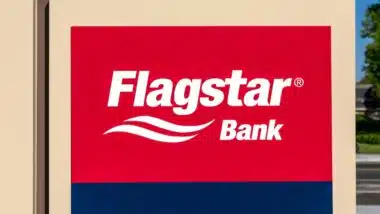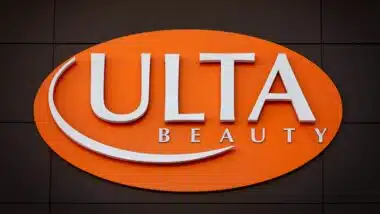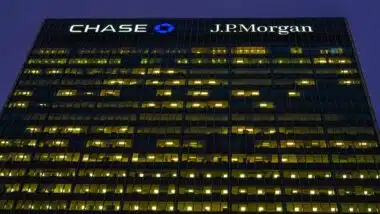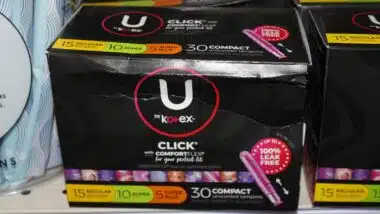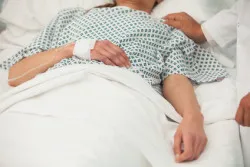
If you developed NTM infection after heart surgery, a cardiac heater-cooler system could be to blame.
LivaNova PLC, formerly Sorin Group Deutschland, makes the Stockert 3T Heater-Cooler System, sometimes known as the Sorin 3T Heater-Cooler System. The device is often used to keep blood and organs at a normal temperature during open heart surgery.
Some of these German-made devices allegedly became contaminated with Mycobacterium chimaera, a non-tuberculous bacteria that can cause serious illness or death. The non-tuberculous mycobacterium (NTM) occurs naturally in soil and water.
But inspection reports show the bacteria entered the production and servicing facility in Germany, where tests concluded the same strain discovered in the factory is found in the machines. More patients are coming forward with claims of NTM infection after open heart surgery in recent months.
The FDA says the heater-cooler units have been linked to patient deaths as a result of heart surgery-related NTM infection since January 2014.
How Units May Transmit NTM Infection after Heart Surgery
When a patient has heart surgery, a cardiac heater-cooler unit such as the Stockert 3T is used to keep the organs and blood at a normal temperature throughout the operation. The device uses water to regulate the temperature.
Although the water never comes in physical contact with blood or organs, some of the water may escape out of a vent on the device. This mist can carry bacteria into the air if bacteria is growing somewhere inside the machine itself.
Airborne bacteria can land anywhere in the room, including into the open chest cavity of the patient. When the surgery is complete and the patient’s chest is sewn back together, those seeds of infection can fester for months or years inside the body.
Nearly 250,000 open-heart surgeries are performed each year. Sixty percent of the time, the heater-cooler units used are the Stockert 3T models that have been associated with NTM infection after heart surgery.
FDA and CDC Warn of Dangerous Devices
The FDA first issued a safety warning regarding the heater-cooler devices in October 2015. At that time, the agency had received 32 allegations that the heater-coolers were causing NTM infection after heart surgery.
By June 2016, investigations revealed the Stockert 3T heater-cooler units made in Germany could be spreading the NTM infection after heart surgery.
To keep new patients from becoming ill, the FDA issued new guidelines in October 2016. The FDA advised doctors to use new accessories, connectors, and tubing with the devices. The machine’s exhaust fan should be directed away from the patient.
Some hospitals even place the device in a room separate from the patient to make sure the exhaust has no chance of reaching the patient’s open cavity.
The Centers for Disease Control (CDC) notes that even though thousands of patients have been alerted that they could have been exposed to bacteria that could result in NTM infection after heart surgery, the number of exposed patients could be much higher.
Any patient in the U.S. who has received open heart surgery before 2014 should look for symptoms related to possible NTM infection after heart surgery. Night sweats, muscle aches, weight loss, fatigue, unexplained fever, or pus developing around the incision site are among the signs and symptoms.
Update: LivaNova Settlement
Following reports that the company’s device Heater-Cooler System may have lead patients to develop serious infections during open heart surgery, medical supply company LivaNova has agreed to pay out a $225 million settlement to victims.
LivaNova announced that the company had accepted the settlement was in March 2019. The settlement will resolve approximately 75 percent of heater-cooler device lawsuits currently pending in the United States.
After a 2015 federal investigation linked the cardiac heater-cooler devices to serious infections, including non-tuberculosis mycobacterium, dozens of patients filed their lawsuits against the company. More than 85 currently pending cardiac heater cooler lawsuits will be settled by the multi-million dollar agreement.
According to Business Insider, despite agreeing to the settlement, LivaNova has not admitted any guilt or confirmed that the deadly infections were caused by their devices. Damien McDonald, Chief Executive Officer stated regarding the settlement, “We believe entering into the settlement is in the best interest of the Company, its shareholders and patients because it will remove ongoing costs and uncertainty as we focus on executing our strategy to deliver quality care to patients around the world.”
LivaNova is planning to pay approximately $135 million of the settlement in July 2019, with the remaining money to be dispersed in January 2020. Dozens of patients may be eligible to receive compensation from the settlement, including those covered by at least one class action lawsuit against the company.
Victims who developed serious infections after heart surgery may qualify to file their own lawsuits regarding cardiac heater-cooler devices.
Do YOU have a legal claim? Fill out the form on this page now for a free, immediate, and confidential case evaluation. The cardiac heater-cooler attorneys who work with Top Class Actions will contact you if you qualify to let you know if an individual lawsuit or class action lawsuit is best for you. [In general, cardiac heater-cooler lawsuits are filed individually by each plaintiff and are not class actions.] Hurry — statutes of limitations may apply.
ATTORNEY ADVERTISING
Top Class Actions is a Proud Member of the American Bar Association
LEGAL INFORMATION IS NOT LEGAL ADVICE
Top Class Actions Legal Statement
©2008 – 2025 Top Class Actions® LLC
Various Trademarks held by their respective owners
This website is not intended for viewing or usage by European Union citizens.
Get Help – It’s Free
Join a Free Cardiac Heater-Cooler System Class Action Lawsuit Investigation
An attorney will contact you if you qualify to discuss the details of your potential case at no charge to you.
Please Note: If you want to participate in this investigation, it is imperative that you reply to the law firm if they call or email you. Failing to do so may result in you not getting signed up as a client, if you qualify, or getting you dropped as a client.
Email any problems with this form to [email protected].
Oops! We could not locate your form.




